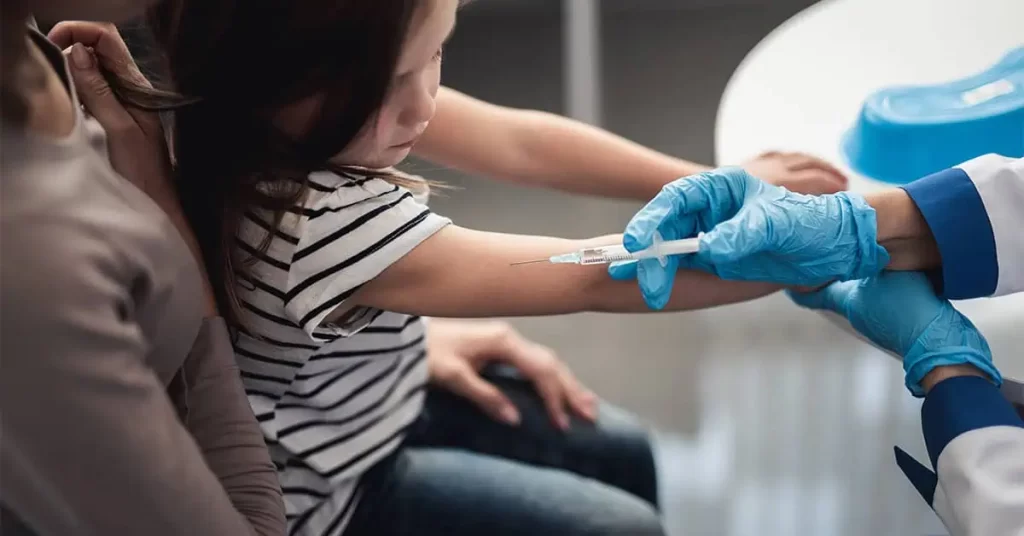Katrina (not her real name), a mother of three, expressed regret for not having questioned the pediatrician’s recommendations over vaccine protocols sooner. “I feel a lot of regret for going along with the protocol, despite my gut instincts. So many times I would leave, sit in my car crying because I didn’t speak up for myself or for my family’s values,” she said.
During her recent visit, she asked the pediatrician to justify each recommended vaccine, listing hepatitis B, polio, chickenpox, flu, and COVID-19 as examples. The pediatrician, she said, was caught off guard. “She looked at me and she was sort of dumbfounded. And she said, well, they could come back. All these things could come back. And that was the only answer she had.”
The conversation escalated when the pediatrician began to cry, unable to provide more substantial answers. “To this point, I’m not sure why she cried,” the mother recounted. “I don’t know if she felt offended by my questions or overwhelmed or upset that she didn’t have much more to answer for me.”
Katrina, who has a master’s level education, had been researching vaccine risks and questioning the necessity of certain shots. She referenced books like ‘Dissolving Illusions,’ ‘Moth in the Iron Lung,’ and ‘Silent Spring,’ which influenced her perspective on polio, environmental factors, and the evolution of public health messaging.
After the encounter, the pediatrician asked Katrina to compile her research into a document and expressed interest in reviewing it. “I was grateful that after taking a moment, she came back to me and wanted to have a dialogue,” the mother said. But the response she received to her extensive compilation was disheartening. The pediatrician admitted, “Our goal is to get everyone vaccinated. And we are sharing fact sheets that will manipulate that behavior within the families at our practice.”
Katrina expressed dismay over the lack of genuine informed consent in pediatric offices. “Not once have you sat down with me and explained the risks of a vaccine. Not once. And per every insert, that is actually your responsibility. It is the job of the provider to make sure that the patient understands their risks,” she said.
She also questioned the ethics of universal mandates, pointing to the hepatitis B vaccine, which is typically transmitted through sex, needles, or intravenous drug use. “In Denmark, they vaccinate only babies born to infected mothers. And that would make great sense. But in the United States, we mandate it universally.”
Dr. Bock emphasized that medicine often takes on a parental role, making decisions for patients as though they were children. “A certain amount of medicine is parental. The parent in the room is often the doctor. And that’s the one that says, oh, you know, you can or cannot do that,” he said.
Katrina closed by calling for more transparency and less coercion in vaccine discussions. “Questions are not meant to be aggressive, but providers ought to have better answers than I’ve been getting.”
